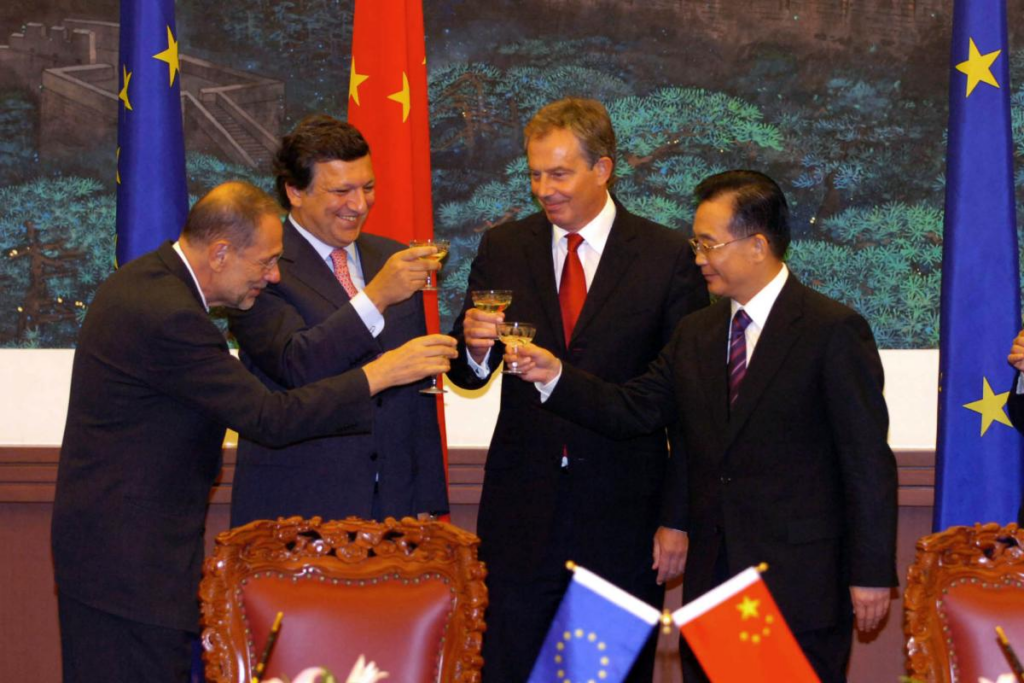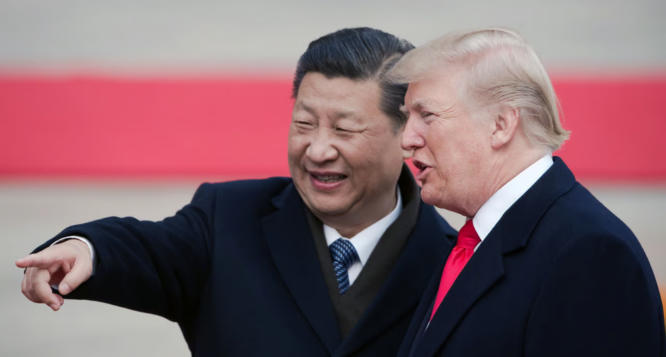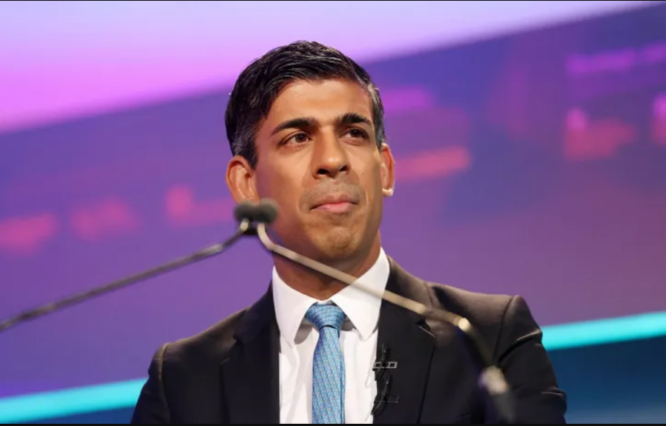China is seeking global peacemaker status. However, China’s poor human rights and democratic record since the 1949 Communist Revolution portends its global rise.
As Beijing asserts itself internationally and challenges the US-centered world order, questions arise about what would happen if China becomes the global hegemon and if democracy can survive.
Experts call the 21st century the “Chinese Century” because Beijing has shown the material potential, strategic patience, and desire to become a hegemon.
China’s closest allies, Iran and Russia, lack nuance. China has shown its dominance on the international stage through diplomacy, business, and technology, but beneath that conventional façade lies a lot of political arm-twistings, military force, infiltration, and espionage.
China has gained prominence by joining peacemaking efforts in various long-running wars. Beijing is mediating the Saudi-Iranian disagreement over Yemen’s civil war. China’s peacemaking accomplishments undermine the US and UN’s failed efforts to resolve the decade-long violent conflict.
Without a strong American presence, neutral or Western-friendly states may turn to China for security. Since Beijing’s newfound interests fit with Middle East stability, the China-centered emerging order will quiet the Arab-Iranian theater of conflict for a while, except Israel.

China in Russia-Ukraine War
After WWII, the Middle East was mostly American. Since the Cold War, the US has increasingly left the region. Washington believes the Middle East is no longer strategic. To confront China’s development in Asia, the US is pivoting to Asia. Ironically, Beijing wants to fill the “vacuum of superpower” in the Middle East.
China has also sought a Ukraine-Russia peace accord. Beijing has merely professed peace. China has apparently sent Moscow armaments, drones, and economic help while mediating between Kyiv and Moscow. China may serve as a mediator in Europe if it thinks it would boost its global stature. China’s global peacemaking role might rise if the West withdraws from the Russia-Ukraine battle, as evidence shows.
Beijing’s peace between Russia and Ukraine will benefit Moscow, but it may not deter Kyiv from negotiating. After all, Putin relies heavily on Xi Jinping.
Therefore, Beijing can demand Ukraine concessions the Kremlin cannot ignore. China’s goals go beyond soothing its longtime ally Russia. Beijing wants the world to trust it as the new superpower.

China wants to avoid a direct conflict with the US, the world’s dominant military and economic power. The US and China are in a new Cold War and discussing Taiwan. This may not cause a war. As American global participation declines, things may change.
Democracy Decline
Democracy might decline globally based on current trends. Authoritarian governments invest substantially in their intellectual and material fight against democracy today. Democratic nations avoid conflict by using “cost-benefit” logic rather than upholding their beliefs. Democratic nations have less influence on global events. Democracy will decline if this continues.
China has not interfered in the domestic issues of its influenced nations. After global dominion, China may change its policy. It may aim to model its satellite states after it. Iran is already associated with China. Beijing would certainly do the same in several South Asian, Middle Eastern, African, and South American countries.
The West’s internal workings also contributed to China and its allies’ global ascent. Far-right populism has eroded democracy in the West. China will rush to fill a global power vacuum created by right-wing, isolationist US and EU policies.
Western right-wing politicians often appease tyrants. They strongly emphasize local and national issues above global ones. Thus, they devalue democracy and human rights abroad. The West, both conservative and progressive, is becoming less interventionist and more isolationist each day.
An inexorable authoritarianism versus an entrenched and confused West is bad news for democracy globally. The West cannot keep regressing. When authoritarianism becomes unavoidable, a paradigm change is probable. This will trigger a full-scale conflict with China and its allies.
The downtrodden under dictatorial governments also want democracy. Many Chinese, Russian, and Iranians want democracy. In Hong Kong, Ukraine, Afghanistan, and Central Asia, Chinese and Russian influence is the same. The West must unite against despots. Liberalism and democracy can only triumph worldwide when these efforts combine with the oppressed’s inevitable uprising.




